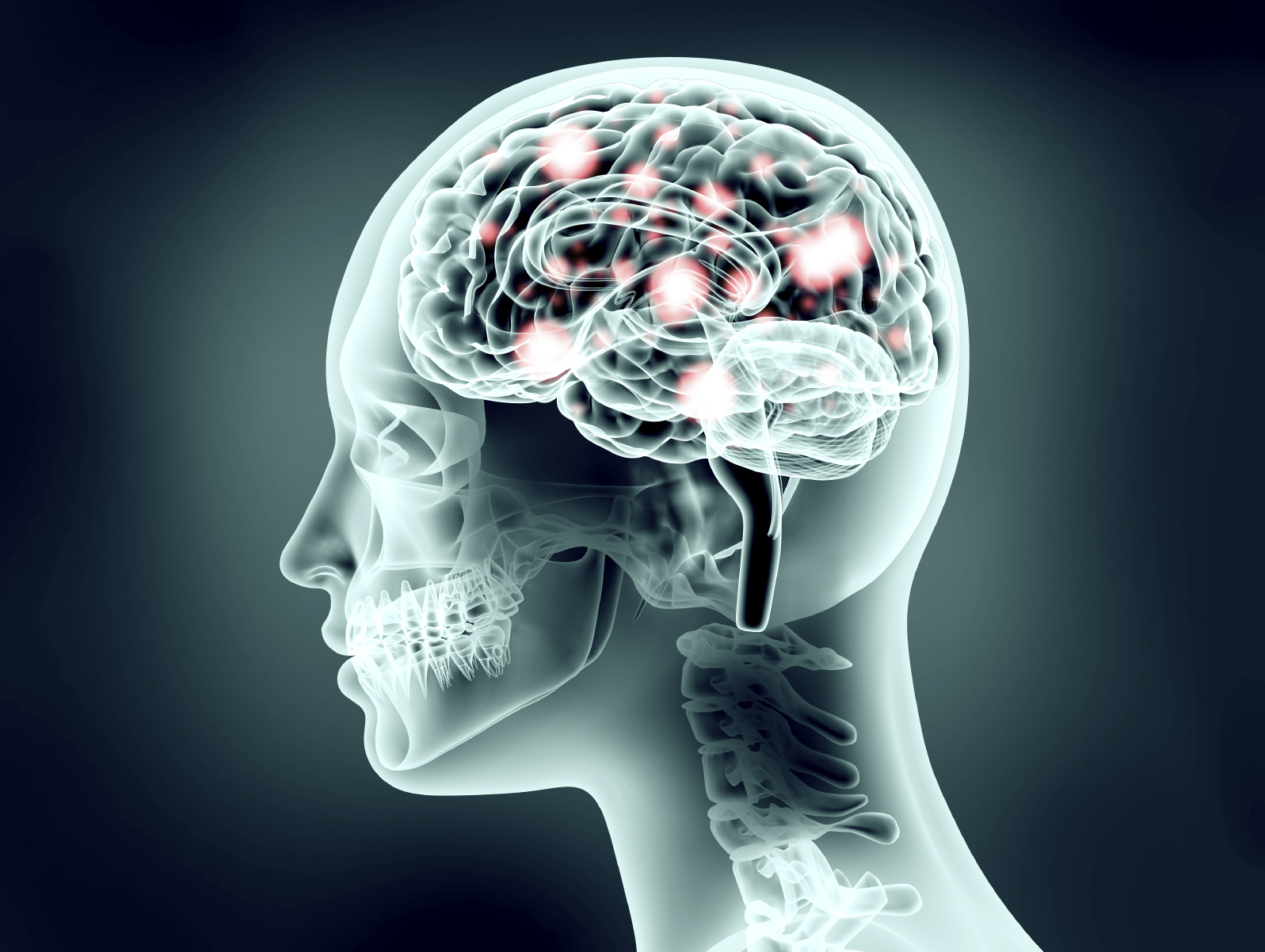Akili’s game-like therapy improves attention in ADHD kids

Children with attention-deficit hyperactivity disorder could find it easier to concentrate with the help of a video game-like therapy, according to the results of a randomised clinical trial.
The “digital therapeutic” developed by Boston, US company Akili Interactive, codenamed AKL-T01, was put through its paces in the STARS-ADHD study, which involved 348 eight to 12 year old children.
The digital therapy is designed to train “attentional control” in children by asking them to manage competing tasks and to shift attention between tasks, using video game-like graphics and digital rewards, say the researchers.
The subjects used AKL-T01 or a control app during at-home play for 25 minutes a day – five days a week – over the course of four weeks. The main measure used to gauge results was the Test of Variables of Attention (TOVA) Attention Performance Index (API), which the researchers say is a validated way of measuring attention.
By the end of the study period, those using AKL-T01 had a 0.93 improvement in TOVA API scores, compared to 0.03 in a control group using a control which was “designed to match the intervention as a challenging and engaging digital word game.”
The children stopped taking any ADHD medications before and during the trial to stop these affecting the results.
For now the researchers behind the study, published in The Lancet Digital Health, are optimistic but cautious about the results.
“The improvement observed in attentional functioning in patients who received the active intervention was meaningful, although the full clinical meaningfulness of the findings should be explored in further studies,” said study lead Professor Scott Kollins of Duke University Medical Centre in the US.
Secondary measures, including ADHD symptom scores improved in both the treatment and control groups, but there were no differences between them.
“We do not yet know whether this intervention could be considered as an alternative to current treatments,” noted Kollins.
Nevertheless, Kollins and the other study researchers suggest that if these results are backed up in further testing, the digital therapeutic could be added to standard care with stimulant medicines and behavioural therapy. It could potentially also stand on its own for children who are unable to get access to current treatments.
ADHD is very common, affecting around 5% of people worldwide, and there are often barriers to accessing treatment, according to the researchers.
Access to behavioural interventions is limited because of a lack of properly trained staff, while medication may not be suitable for some patients “due to caregiver preferences or concerns about abuse, misuse, and diversion.”
Two years ago, Akili tested the same digital therapeutic – known then as Project EVO – in a pilot study investigating its use in children with sensory processing dysfunction, a condition in which the brain has trouble receiving and responding to information gathered via the senses.
That study showed using electroencephalogram (EEG) data that there was an increase in activity in the brains of children using the Project EVO, as well as improvements in SPD symptoms reported by parents.
Akili has previously said that the study could potentially form the basis of a regulatory filing for AKL-T01 with the FDA, but there’s no word on a timeframe for that yet.
Akili scientist Dr Elena Cañadas, who co-authored the study, said that “further work should investigate the impact of different scheduling and time involved in the treatment sessions as well as looking longer term at optimal benefits.”












